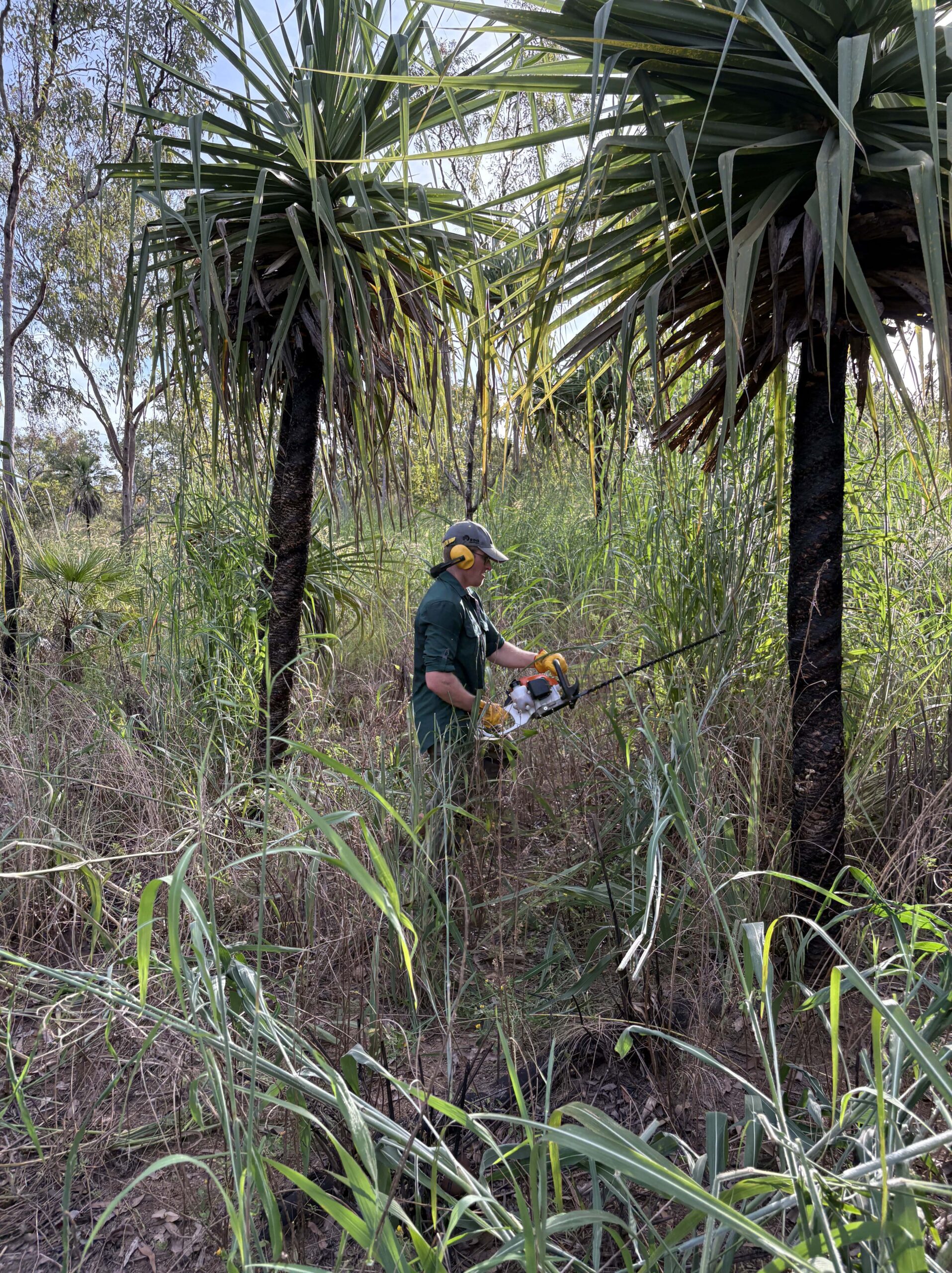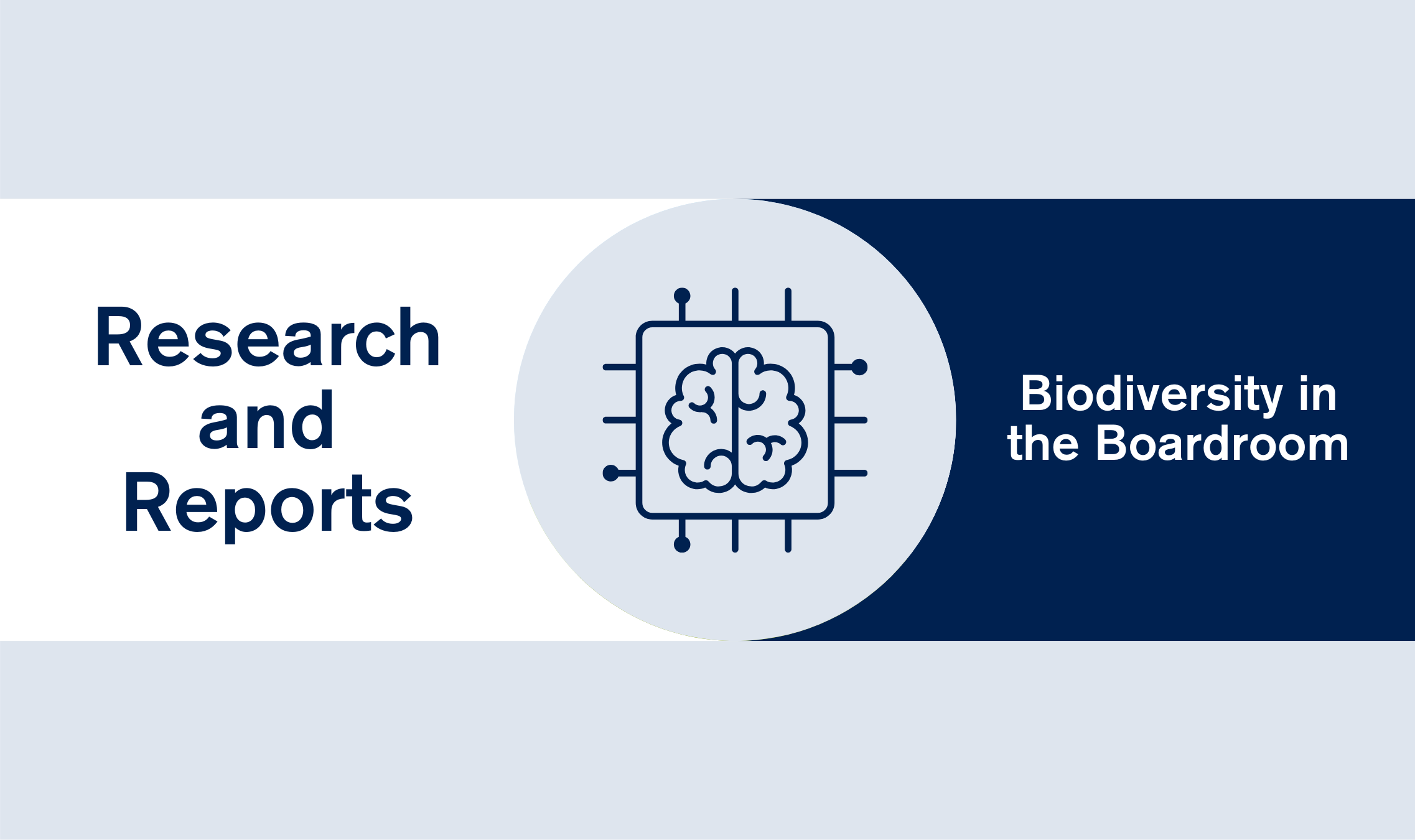GIST Impact Welcomes The SEC’s Proposed Mandatory Climate-Related Risk Disclosures
The SEC has proposed new rules for mandatory climate-related risk disclosures in registration statements and annual reports. If adopted, these rules will require regulated firms to provide material information about climate-risks, including a registrant’s greenhouse gas (GHG) emissions and new financial metrics in audited accounts. Comments on the proposals are sought up until May 20, 2022.
At GIST Impact, we welcome standardised sustainability reporting as a step on the journey towards responsible investing, which will deliver full accounting for the consequences of corporate activity. We note, however, that while the proposals draw heavily on the Task Force on Climate-Related Financial Disclosures (TCFD)[1] and GHG Protocol[2], GHG emissions and climate risks are only a part of the internationally recognised measures of a company’s impact.
Private sector companies play the leading role in capital formation and the welfare of society. A true measure of their economic impact must account for their positive and negative contributions to natural, human and social capital, as well as financial value addition. Together these are known as the four capitals and form the backbone of generally accepted measures of sustainable development[3].
The SEC’s proposed mandatory disclosures would bring topics that were previously included in unregulated reports into the realm of official documentation. This means that qualitative and quantitative details are exposed to the full force of regulatory scrutiny, and the incumbent risk of civil charges should investors decide they have been misled.
ESG and Accounting for Externalities
According to Forbes[4], Environmental, Social and Governance (ESG) issues were first mentioned in the United Nation’s Principles for Responsible Investing report in 2006, but the idea is much older, as the Methodist church was urging investors away from alcohol, tobacco, weapons and gambling companies during the 1800s[5]. ESG investing seeks to identify drivers, or inputs considered harmful and to underweight or avoid companies determined to be engaging in bad behaviours. This does not hold companies to account for their impact or externalities, but rather marginalises certain companies in the hope that a shortage of capital will trigger change.
The economics of externalities were developed by Arthur Pigou around 100 years ago[6], but again the concept is much older and stems from the philosophical debate about how to align individual actions with the common good. The difference between ESG investing and the economics of externalities is that while the former avoids practices considered to be harmful, the latter seeks to quantify impacts in order to remediate through pricing, taxes and permits. Economic literature on the topic assumes an ability to accurately estimate externalities and the benign interference of government in determining levies and subsidies.
Welcome Step Towards Greater Disclosure
The new rules would require disaggregated climate-related impacts on existing financial statement line items and be subject to external audit. There is a provision to include Scope 3 GHG emissions and intensity where material for larger corporates, which means including the value chain as well as a company’s own activity. Climate-related targets and goals, together with transition plans, would also be covered by the requirements. The board and management will be responsible for the information, which would be required in a separate and appropriately captioned section of the annual report and the mandated financial information to be in the notes to the accounts.
The SEC includes an assumption that the initial disclosures may be required for fiscal year 2023 to be filed in 2024 for companies with a December 31st year end. Alongside greater GHG disclosure, companies will (and should) also look to disclose additional data, such as water consumption, waste generation and air pollution to provide a comprehensive picture of where they are having an impact.
The benefit of greater disclosure is that it will help staff, customers and investors to make decisions about where to work, shop and invest. The challenge will be to include new data in an informative measure of sustainability that allows comparisons across competing companies and industries. The legal liability that accompanies mandatory disclosure may result in reporting that is difficult to understand and compare. Investors and corporates require a means of presenting their sustainable credentials in a simple format and adhering to recognised standards to reduce potential liabilities.
Investing for Impact with GIST Impact
At GIST Impact, we have developed a dollar measure of impact that incorporates all aspects of sustainability and allows comparison between competing investments. We use rigorous, peer-reviewed science to model outcomes, and robust economic models to calculate estimated impacts. Our methodology aligns with internationally recognised standards adopted by the Value Balancing Alliance[7], TCFD and The Capitals Coalition[8]. Furthermore, our measures may be mapped to the United Nations Social Development Goals[9], or other standards proposed by the EU and, in time, the SEC.
We apply our methodology to company-specific information across dozens of data types, layered with location-specific ecological, environmental, health and demographic data from official databases and peer-reviewed papers. Our impact analysis provides credible, auditable information on the costs and benefits of corporate and institutional investments. By presenting this in dollar terms, we make impact easy to understand, explain, integrate, and publicise. If you are interested in creating a roadmap to sustainability for your stakeholders, contact us today.
[1] Task Force on Climate-Related Financial Disclosures | TCFD) (fsb-tcfd.org)
[2] Greenhouse Gas Protocol | (ghgprotocol.org)
[3] Four capitals.doc (europa.eu)
[4] Demystifying ESG: Its History & Current Status (forbes.com)
[5] ESG Investments – Part One: An Introduction to and History of ESG Investing | ESL Federal Credit Union
[6] Externality – Wikipedia
[7] Home – Value Balancing Alliance (value-balancing.com)
[8] The Capitals Coalition – redefining value to transform decision making
[9] THE 17 GOALS | Sustainable Development (un.org)






